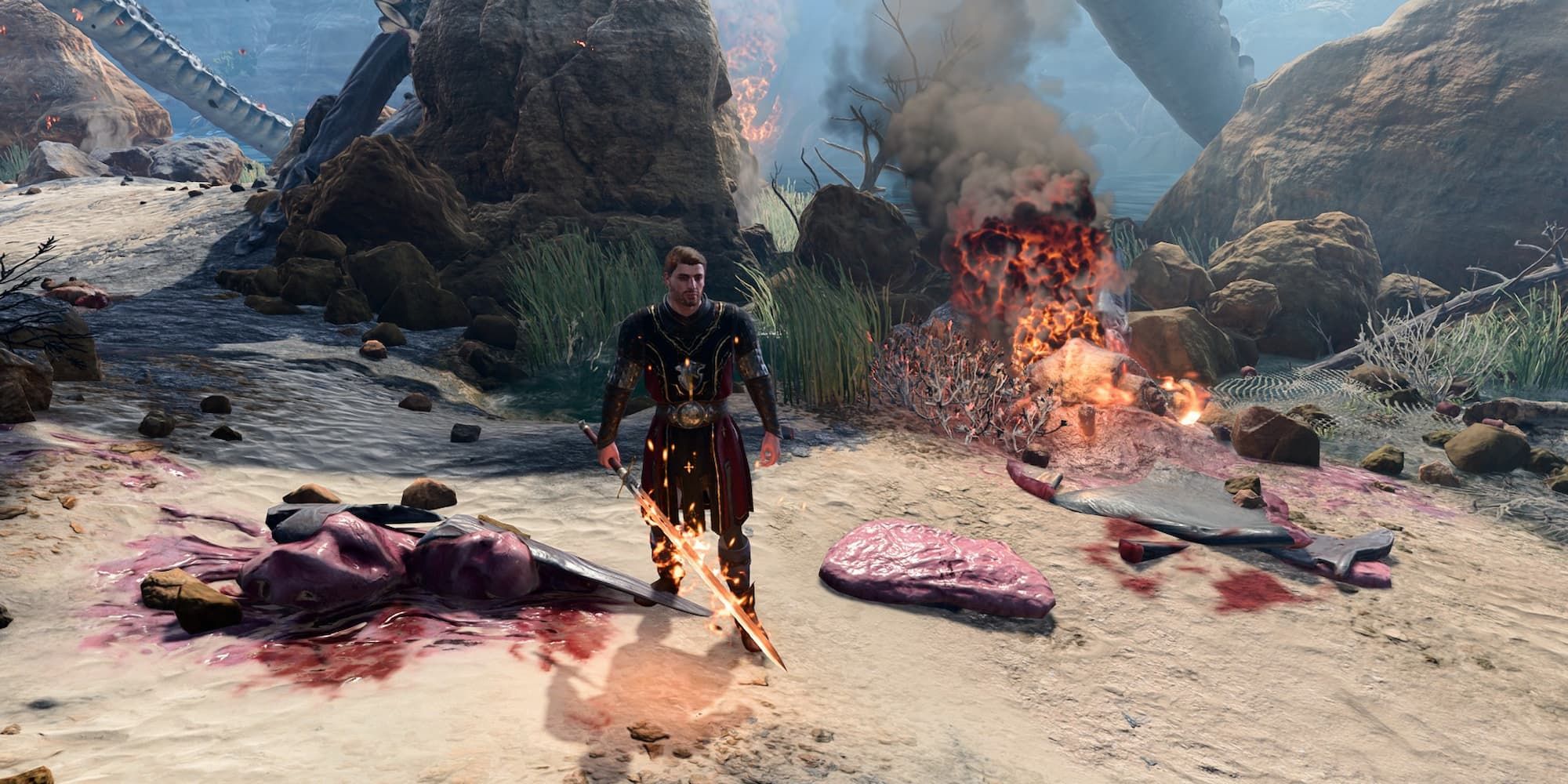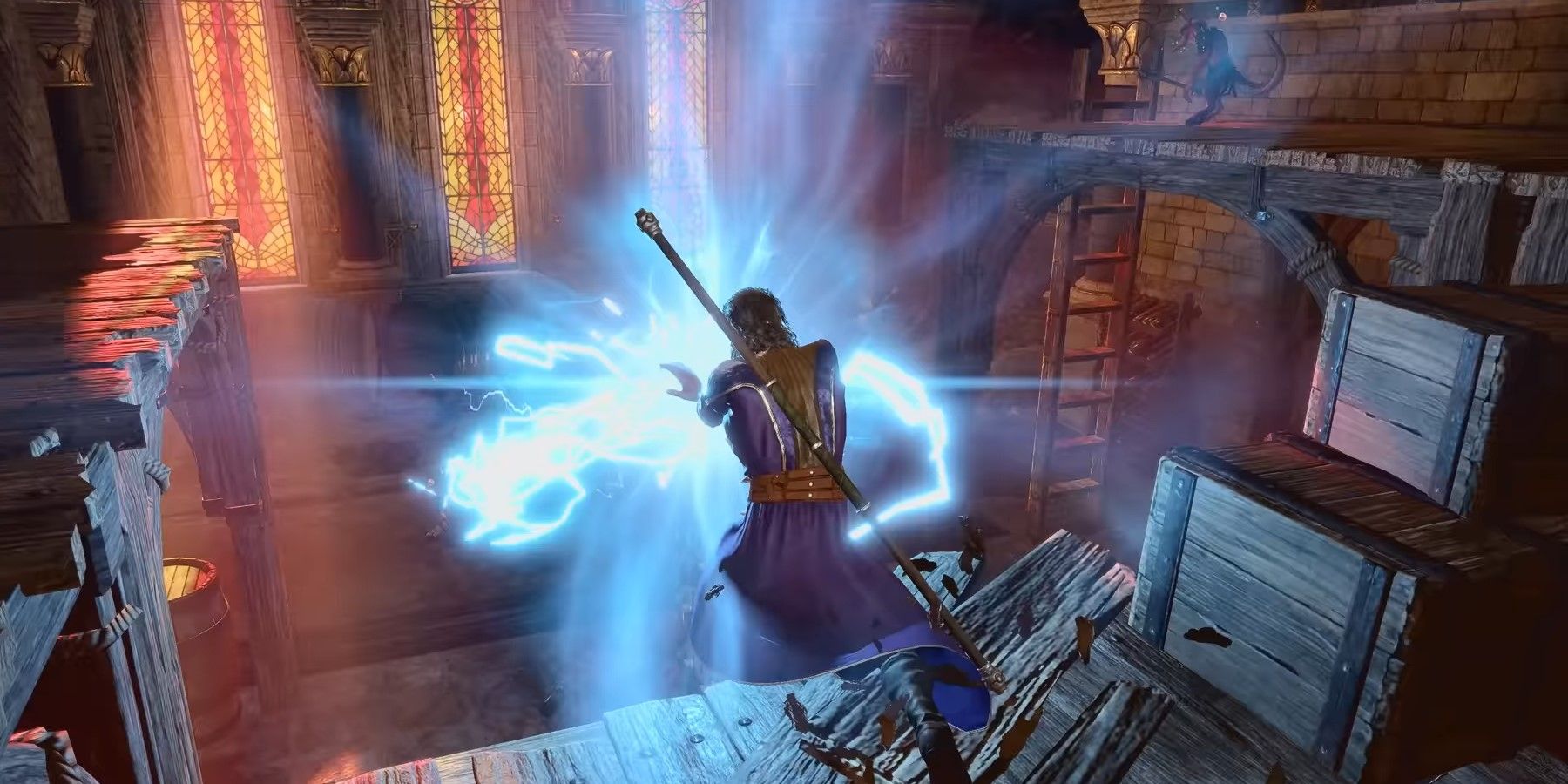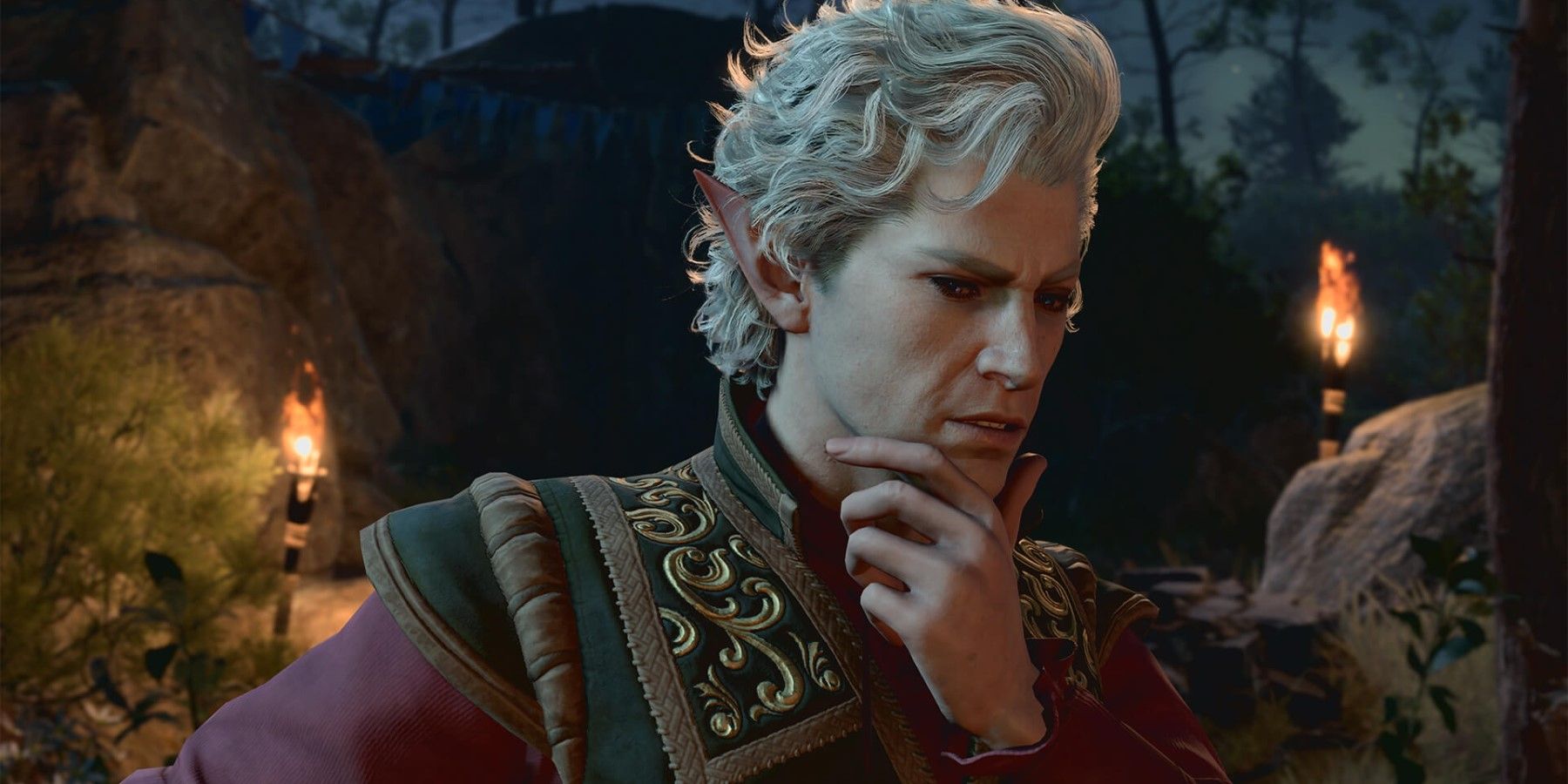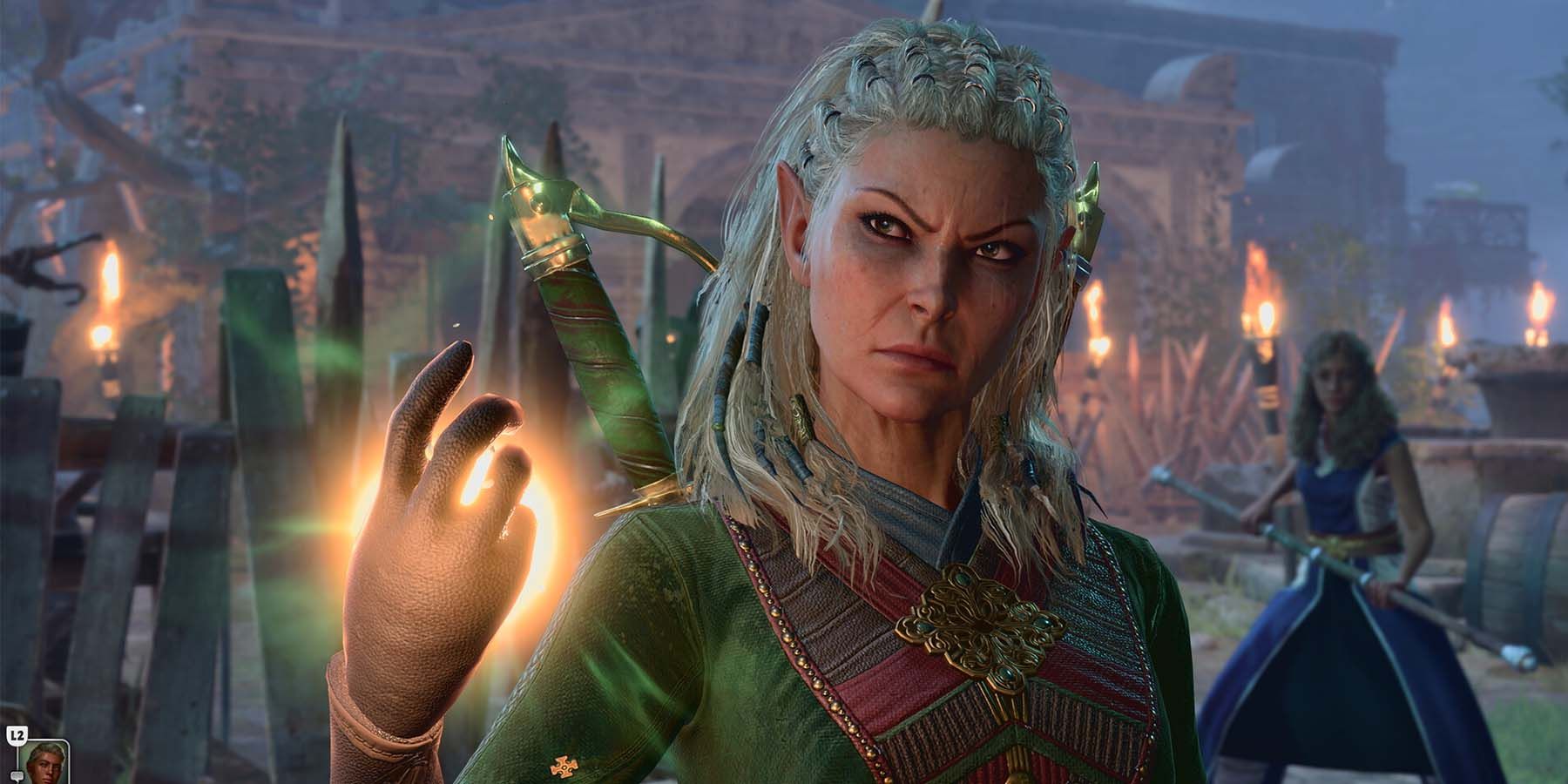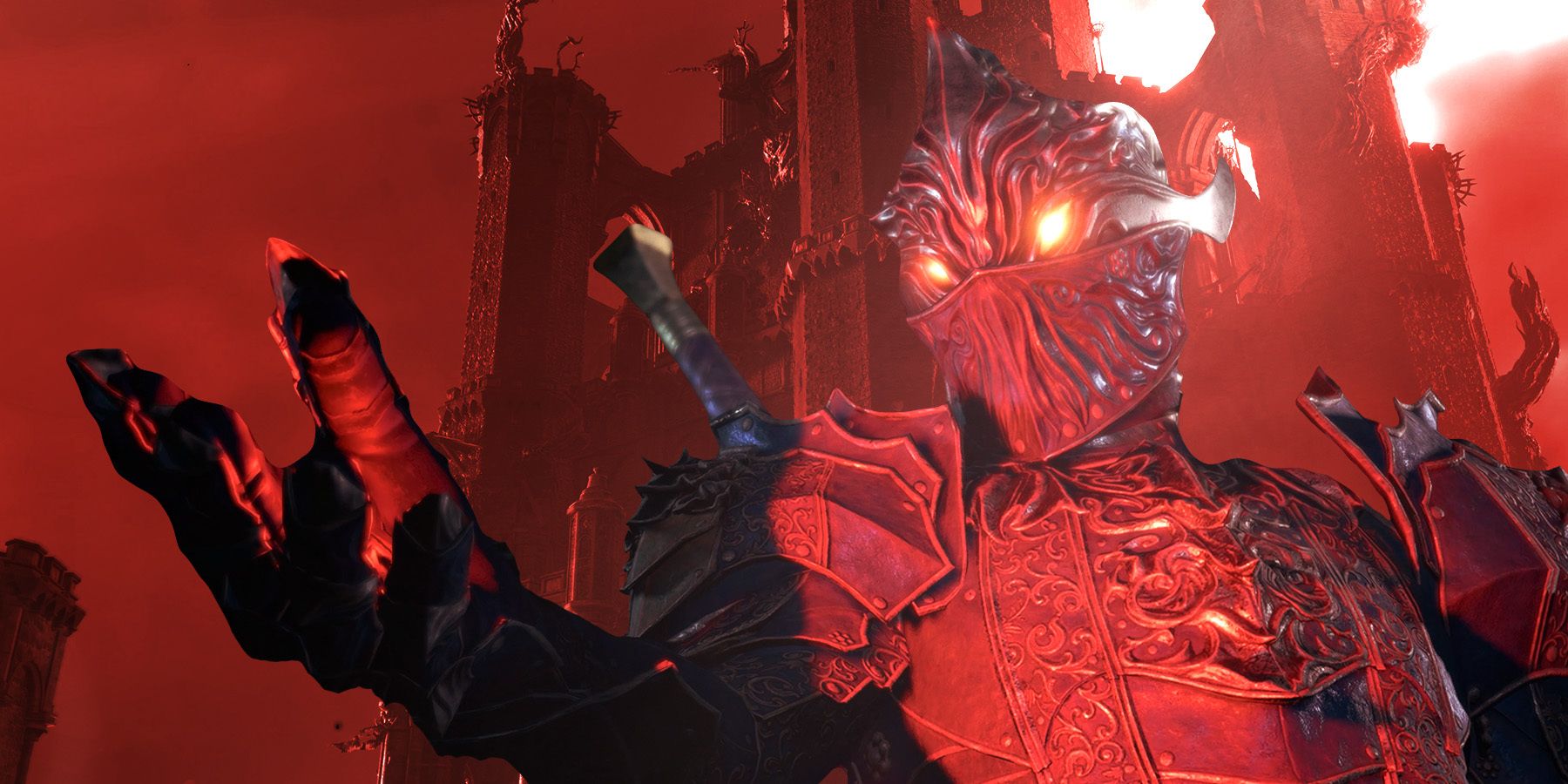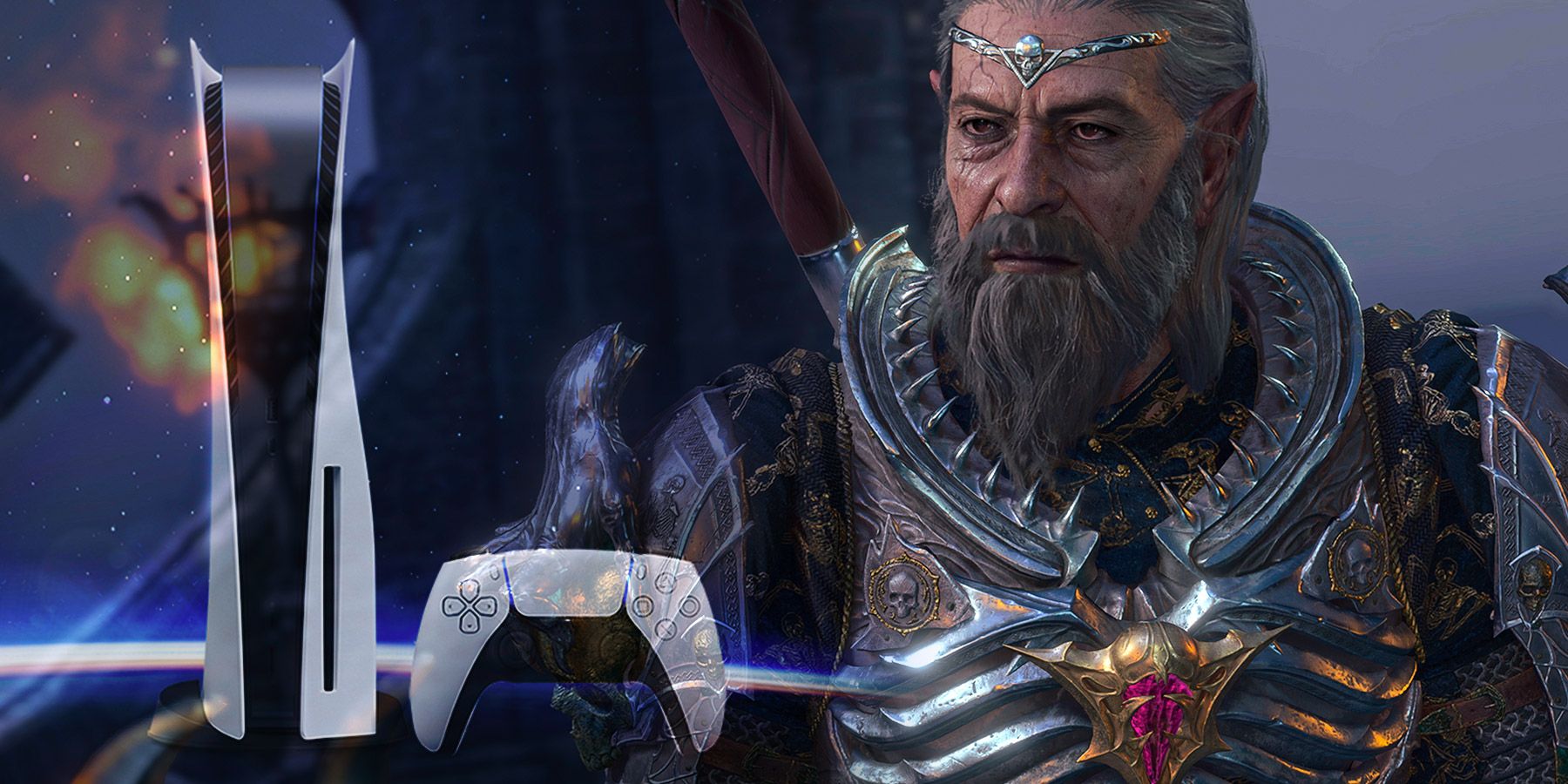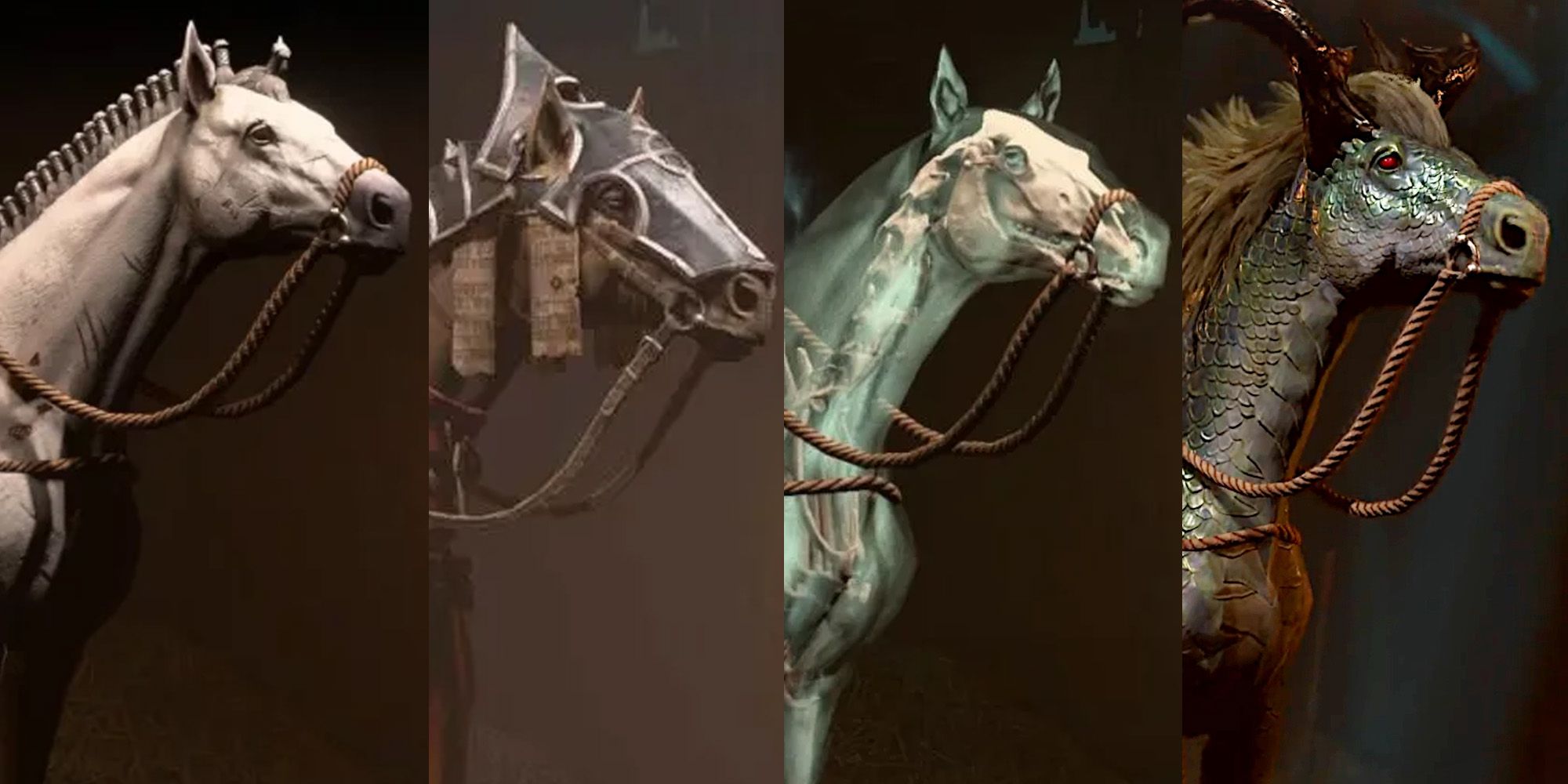
Unleashing the Epic: Discover the Jaw-Dropping Rules Overhaul in Baldur's Gate 3

Baldur's Gate 3: Revamping Dungeons and Dragons Fifth Edition rules for a captivating CRPG experience Discover the major changes in spellcasting, races, and classes!
Baldur's Gate 3, developed by Larian Studios in Belgium, is an adaptation of the Dungeons & Dragons Fifth Edition system for the CRPG genre. Larian Studios has made adjustments to the Fifth Edition rules to suit Baldur's Gate 3, as is common in tabletop-to-video game adaptations.
Players familiar with the tabletop version will easily recognize the races, classes, features, and monsters in Baldur's Gate 3. However, it is important to highlight the significant changes made by Baldur's Gate 3 to the Fifth Edition rules to ensure that players who rely on their tabletop knowledge do not miss out on anything.
The Biggest Rule Changes in Baldur's Gate 3
The most impactful changes that Larian Studios has made to the Dungeons & Dragons Fifth Edition system can be found in the game's core rules and mechanics:
The maximum level is 12
Multiclassing ignores Ability Score requirements
In Act 1, players will meet an NPC that can respec their characters
HP gained when leveling up uses the average result of the class' Hit Die
There is no cover system
When a character performs a ranged attack against a target positioned at least 10ft below them, they receive a +2 bonus. However, if the target is positioned at least 10ft above them, the character instead incurs a -2 penalty.
Player characters who have the same initiative can act in sync.
There are no Tool or Language Proficiencies
There are no Hit Dice, but Short Rests restore half of each character's HP
The party can only Short Rest twice between each Long Rest
Long Rests require Camp Supplies
Each Weapon type has a set of Weapon Actions that can be used once per Short Rest
Characters earn Inspiration based on their Background, and can only use it to reroll Ability Checks
Shoving, Jumping, and drinking a Potion are all Bonus Actions
Players cannot ready actions or grapple
Characters can throw other characters that are at least one size smaller than them
Bonus Action attacks, such as offhand attacks, do not require a main hand attack to be made first
The Biggest Spellcasting Changes in Baldur's Gate 3
Along with tweaks to individual spells, there have also been several major changes to the spellcasting system:
Characters can cast both an Action Spell and a Bonus Action Spell on the same turn
Clerics, Druids, and Wizards can change their prepared spells at any time outside of combat
There is no Verbal, Somatic, and Material Components system, and spells can be cast with both hands full
Some spells can be cast when Silenced or Hidden
Longer duration spells now last until the next Long Rest
Any character can cast a Spell Scroll, but only spellcasters get to add their Proficiency Bonus
Ritual Casting spells takes no additional time
The Biggest Race Changes in Baldur's Gate 3
The 11 races in Baldur's Gate 3 can be played in Dungeons & Dragons Fifth Edition, but they have undergone significant changes. Instead of receiving specific racial bonuses, all races now have the flexibility to choose two Ability Scores to receive a +2 and +1 bonus.
To account for the smaller maps in Baldur's Gate 3, races with Darkvision face a reduced range. Similarly, races with Superior Darkvision, such as the Drow, also have a reduced range, but it is still twice that of basic Darkvision. Additionally, Elves and Drow lack the ability to Trance as an alternative to sleeping.
Drow are no longer weaker in sunlight
Half-Elves don't get additional Skill Proficiencies
High and Wood Half-Elves can't take Elf Weapon Training
Halflings can't pass through other creatures' spaces
There is no Variant Human option
Forest Gnomes have permanent Speak with Animals
Deep Gnomes' Advantage on Stealth checks doesn't require rocky terrain
The Biggest Class Changes in Baldur's Gate 3
The 12 Classes in Baldur's Gate 3 have all been tweaked extensively, but here's the most impactful changes for each class:
The Barbarian's Rage and Reckless Attack features work with Finesse weapons and thrown weapons/objects
The Bard's Song of Rest allows the party to take an additional Short Rest per Long Rest
The Cleric's ability to Turn Undead no longer has the power to instantly eliminate weaker undead foes.
While Druids are now allowed to wear metal armor, they are unable to modify their concentration spells while in the form of Wild Shape. Moreover, the duration of Wild Shape is no longer predetermined.
Monks receive their Ki feature at 1st level and gain more Ki points overall
Paladins select their Oath at first level, and can lose their powers if they break the tenets of their Oath
The Ranger's Favored Enemy and Natural Explorer abilities have been substantially enhanced with a wide range of new and upgraded choices.
Rogues will now utilize their Sleight of Hand skill to pick locks, removing the need for them to acquire Thieves' Tools Proficiency.
Starting at level 2, sorcerers acquire Metamagic and a third Metamagic option comes into play at level 3.
Meanwhile, the Warlock's Pact of the Blade feature enables characters to utilize their Charisma for both weapon attacks and damage.
The Wizard is able to immediately acquire knowledge of a spell scroll, yet is required to pay a specified amount of gold for each spell level.
PC users can now access Baldur's Gate 3. The PlayStation 5 release is scheduled for September 6th, 2023. Meanwhile, work is underway to develop a version for Xbox Series X/S.
